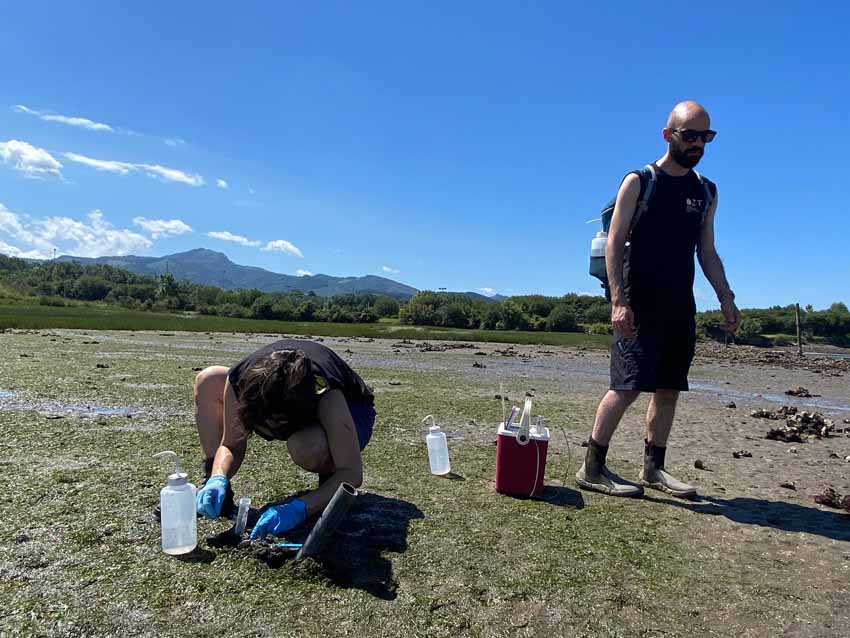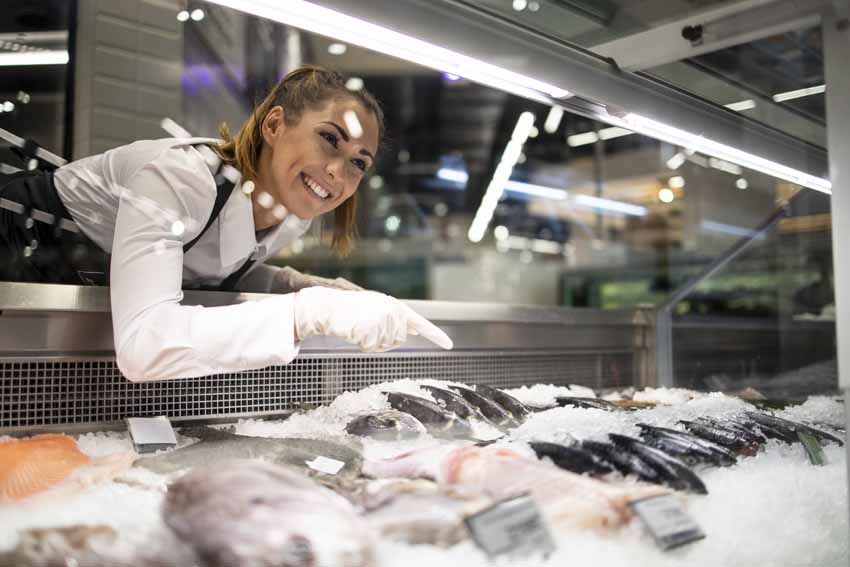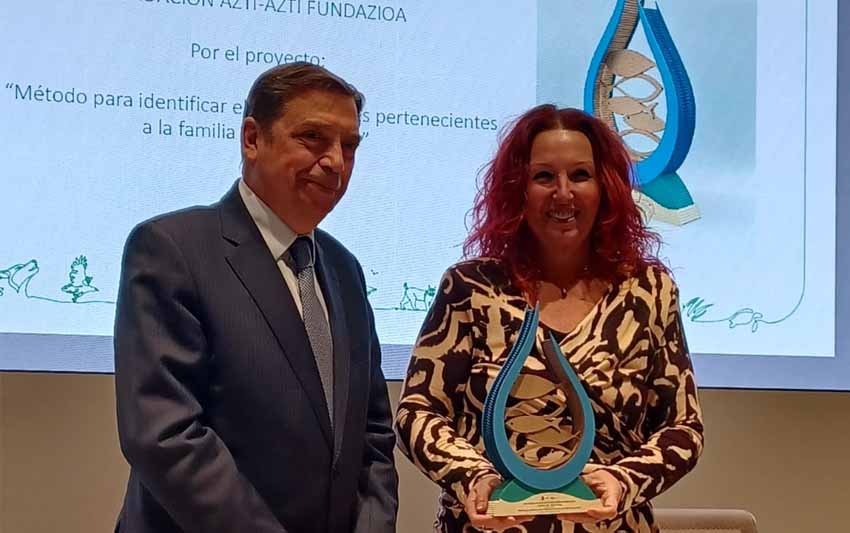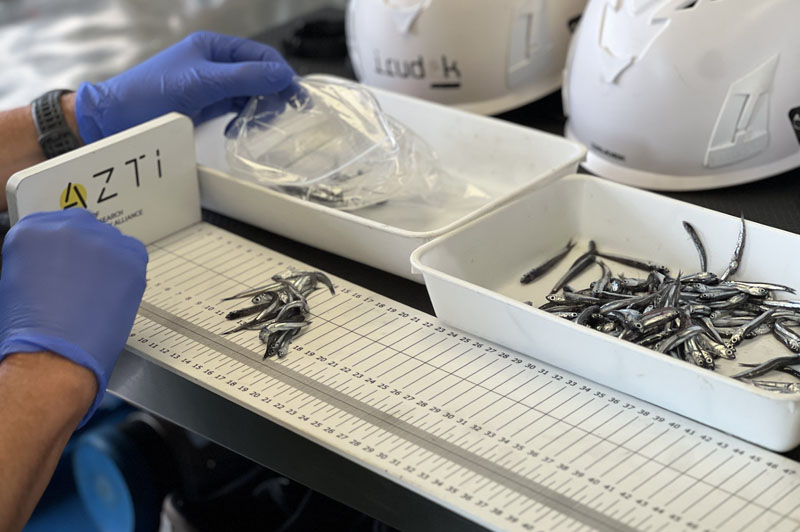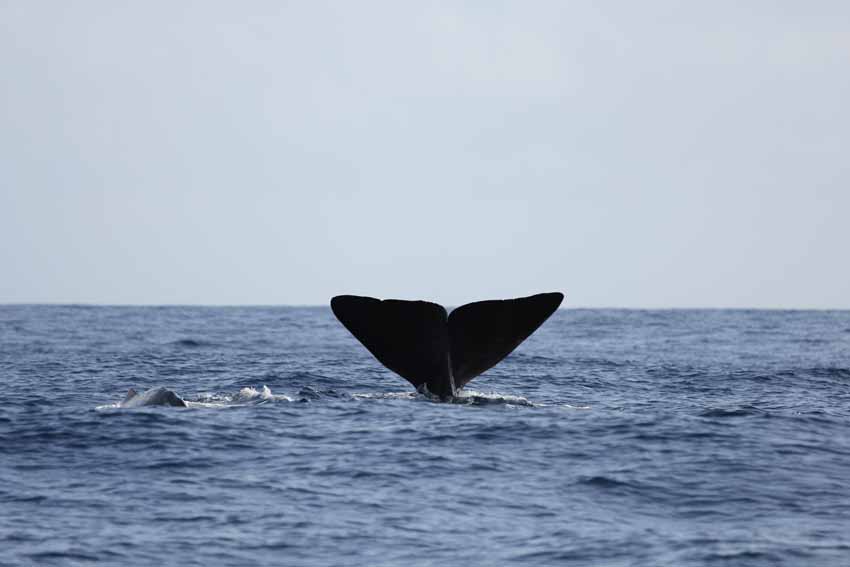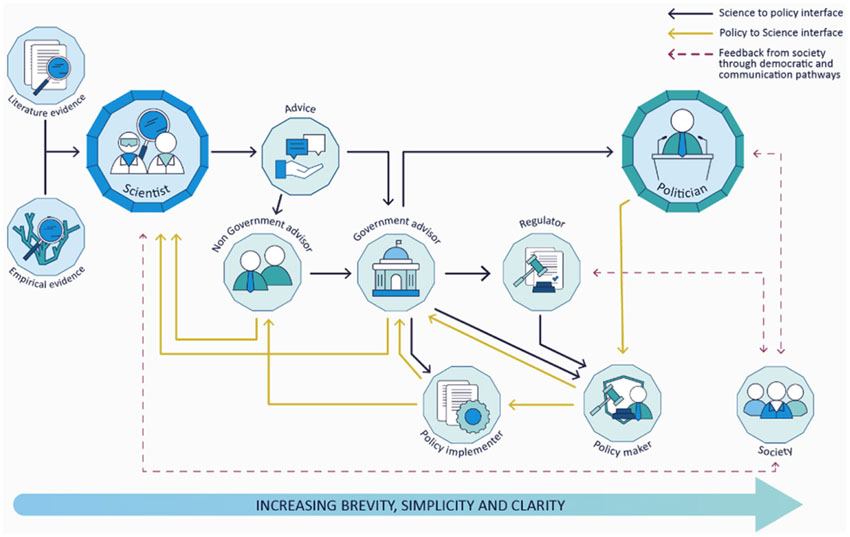Regional Coordination Groups: The first step in fisheries data management
Últimas noticias
A pioneering genetic catalogue reveals hidden biodiversity in Basque estuary sediments
Uhinak Technical Committee Sets the Key Points for the 7th International Congress on Climate Change and the Coast
“We fishermen are the ones who earn the least”
- SECWEB project seeks to visualize and highlight the importance of the work carried out by these regional coordination groups (RCGs) who are responsible for analysing and guaranteeing fisheries data quality
- RCGs´ data is used in fisheries stock assessments and to define fishing quotas. Therefore, RCGs´ work is essential for the fishing sector sustainability and the sustainable management of the marine environment and sea resources.
- This initiative has been funded by European Commission with the active involvement of ILVO institute in Belgium, CETMAR foundation and AZTI technological centre in Spain, EAFA agency in Bulgaria and WMR centre in The Netherlands.
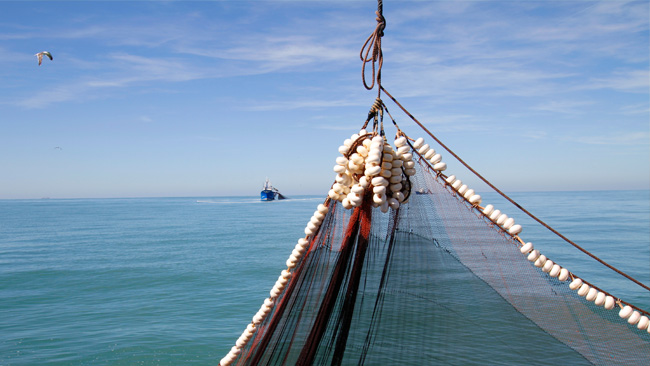
Sukarrieta, 19 September 2022. Regional Coordination Groups are the main hub for fisheries data collection within the European Union in order to improve and ensure the sustainable management of all commercially exploited species and the marine environment. The data provided by RCGs are the basis not only for stocks assessment but also for defining fishing quotas for commercial species based on reliable and sound scientific advice.
In recent years, RCGs moved from meeting once a year to establish intersessional sub-groups which work year around in specific topics such as: commercial fishing sampling, PETs, recreational fisheries, regional database, among others.
“This regional coordination is essential so stock assessment groups receive the data in the most efficient possible way. The rationale behind it is about agreeing/coordinating common procedures and methods for data sampling and analysis and improve data quality and in final instance improve fisheries management and the reliability of scientific advice”, explains Lucía Zarauz, AZTI´s expert in sustainable fisheries management.
Dissemination and coordination
Visualizing and putting in the forefront RCGs´ work is crucial to increase stakeholder´s awareness about the whole process supporting the sustainability of the fishing sector and the marine environment. Thus, SECWEB project which started in January 2021 and comes to an end in December 2022, is working to spread the outputs of the regional coordination groups to the industry and civil society.
Besides of implementing several tools for dissemination such as a dedicated website, a Twitter account and visual identity for RCGs, SECWEB project has also established a coordinated work plan in support of fluent administrative procedures in the form of a Secretariat.
The establishment and pilot testing of a Secretariat in support of RCGs has been one of the major outcomes of the project, allowing for better coordination and communication among RCGs themselves and also with stakeholders.
Funded by European Commission through the European Maritime, Fisheries and Aquaculture Fund, SECWEB project has been implemented with the active participation of the Belgium institute ILVO, CETMAR foundation and AZTI technological centre in Spain, the Executive Agency for Fisheries and Aquaculture (EAFA) in Bulgaria and the Dutch research centre WMR.Sukarrieta
